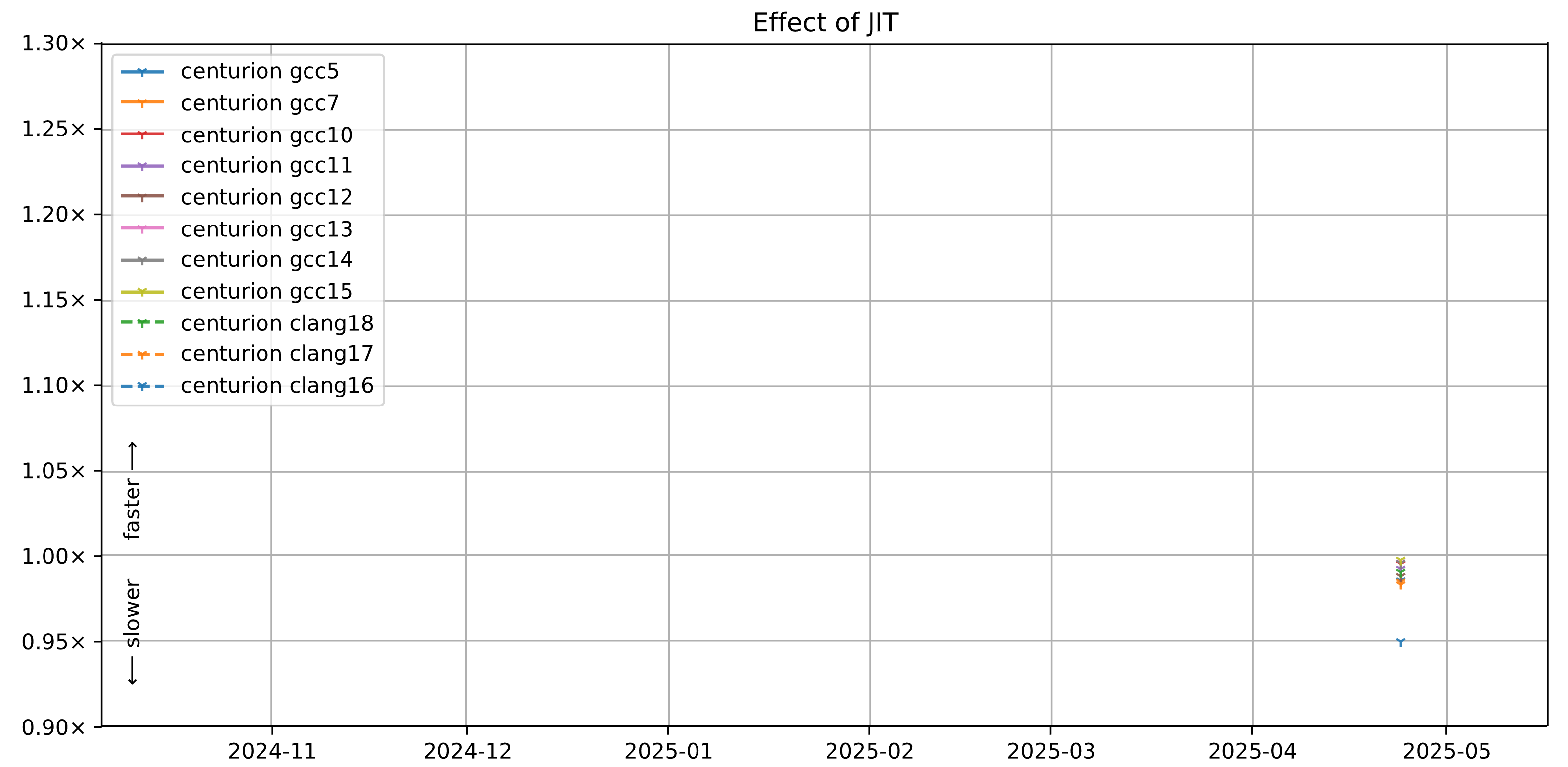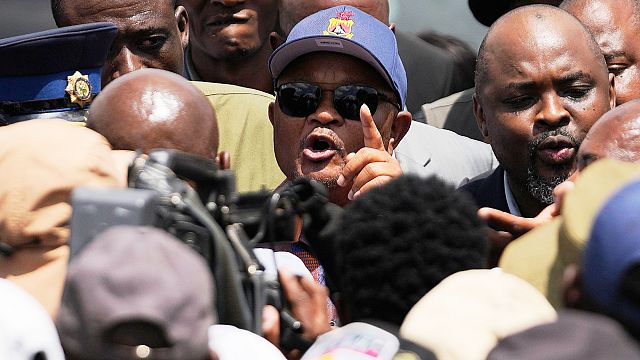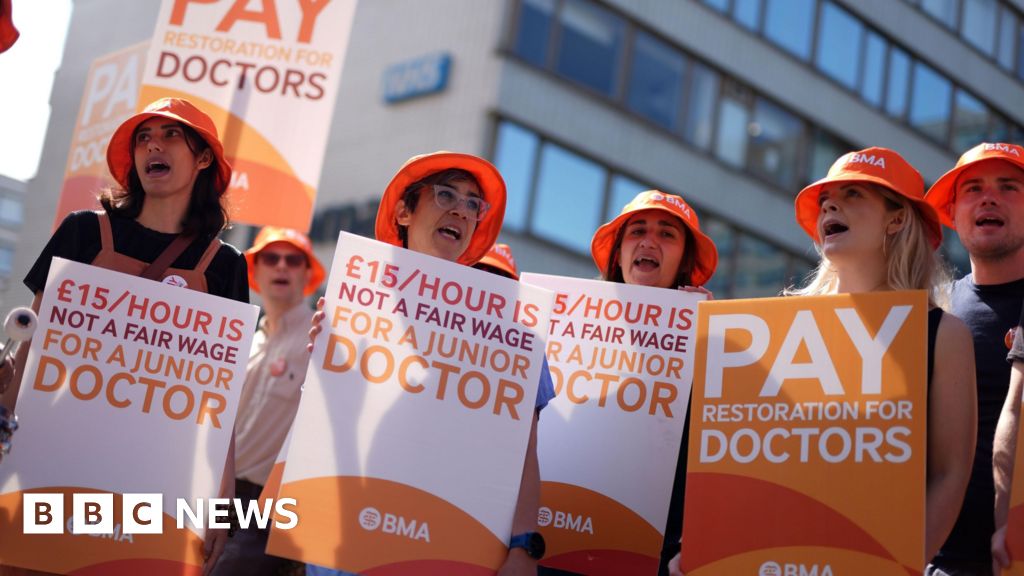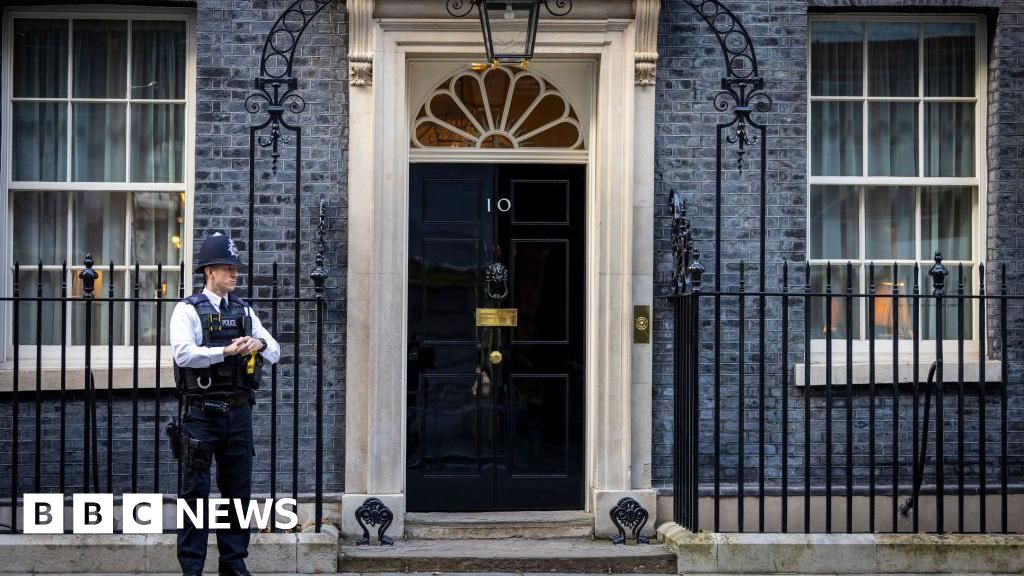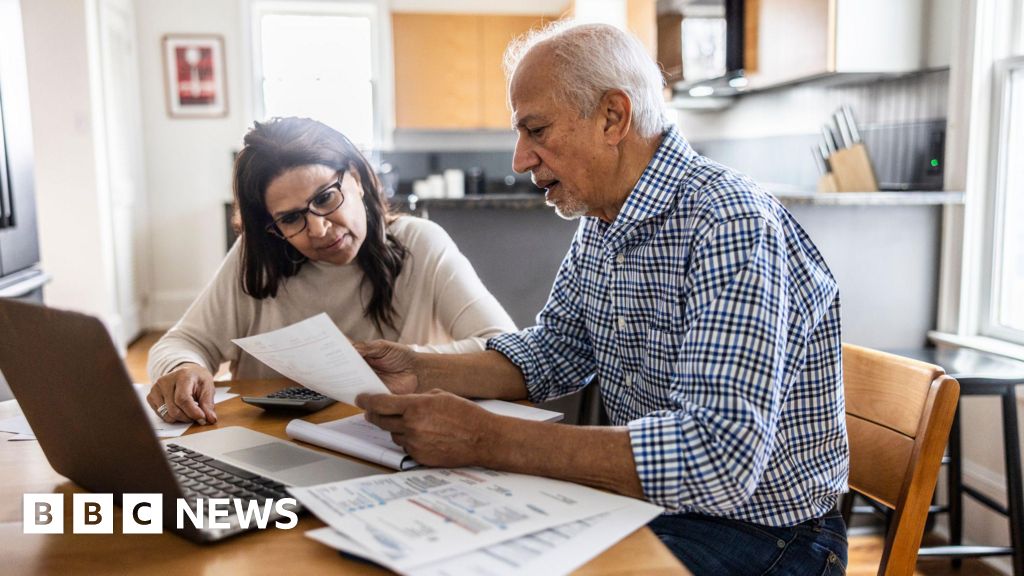South Korea Keeps Its Chin Up as Trump Wields Tariff Threat

President Trump posted his letter to South Korea’s newly elected president, Lee Jae Myung, on social media just days after Mr. Lee had sent senior aides to Washington to accelerate efforts to work out a trade deal.
Mr. Trump threatened to impose a 25 percent tariff on South Korean exports to the United States starting Aug. 1 unless the longtime American ally lowered what he believes are unfair trade barriers.
Mr. Lee, who took office a little more than a month ago, had grappled with the negotiations over the tariffs, which threatened to complicate his country’s seven-decade alliance with Washington. The talks had stalled after South Korea endured a prolonged political crisis triggered by former President Yoon Suk Yeol’s short-lived imposition of martial law in December and his subsequent impeachment.
Hours after Mr. Trump posted his letter on Truth Social, senior government policymakers called a meeting in Seoul where Mr. Lee’s chief policy coordinator, Kim Yong-beom, said that protecting South Korea’s national interest was more important than reaching a quick deal, according to Mr. Lee’s office.
South Korean officials sounded relieved that they would have the rest of the month to try to work out a compromise with the Trump administration before the tariffs would take effect.
“We will double our efforts to produce a result mutually beneficial for both sides,” the South Korean trade ministry said in a statement on Tuesday. “We will improve domestic institutions and regulations to help ease the United States’ concern about its trade deficit.”
Mr. Lee sent his top trade negotiator, Yeo Han-koo, to Washington last week to meet with Jamieson Greer, the United States Trade Representative. South Korea’s national security adviser, Wi Sung-lac, met with his counterpart, Marco Rubio, in Washington on Monday.
Before dispatching his senior deputies to Washington, Mr. Lee reported a lack of progress in negotiations.
“We are doing our best to bring about a result mutually beneficial to both sides, but we have been unable to establish what each side exactly wanted from the other side,” Mr. Lee said last Thursday.
He indicated that South Korea was preparing negotiating strategies, such as cooperation in shipbuilding, to help persuade the Trump administration to lower tariffs.
Mr. Lee is in a strong position in domestic politics. His party controls the National Assembly, the nation’s legislature, with a large majority. Since he took office, his approval ratings have soared beyond 60 percent. But he has yet to perform one of the most important diplomatic tasks for a newly elected leader of South Korea: a summit meeting with the American president to reaffirm the alliance.
Aides to the South Korean head of state wanted to settle the tariffs dispute to help make the summit a success. South Korea also has to deal with Mr. Trump’s demand that South Korea increase its defense spending and pay more for the U.S. military presence in the country.
The U.S. tariff shock has already weighed heavily on South Korea’s economy.
On Tuesday, Samsung Electronics, the country’s largest business, reported that its profits had plunged 56 percent in the second quarter over a year earlier. On Monday, LG Electronics, another major South Korean exporter, said its profits had tumbled 46.6 percent.
The economic ties between South Korea and the United States are deep. The countries implemented a free-trade agreement, or F.T.A., in 2012. Seoul insists that it has removed most tariffs on U.S. imports under that deal. But as the U.S. trade deficit with South Korea broadened, American businesses have complained about other trade barriers, such as a South Korean ban on American beef imports from cattle 30 months or older.
“As an F.T.A. partner, almost all of Korea’s tariffs are at zero for U.S. imports, leaving them with less to offer the United States than India or Vietnam with high tariffs,” said Wendy Cutler, vice president of the Asia Society Policy Institute and a former deputy U.S. trade negotiator. “Furthermore, with a new government just taking office, Seoul needed more time to prepare for the talks.”
Ms. Cutler called the development “disappointing,” but said it was possible the two sides can reach a deal in the next few weeks.
“We cannot rule out a breakthrough in negotiations in the lead-up to Aug. 1, when the additional tariff hikes are to take effect,” she said.
What's Your Reaction?
 Like
0
Like
0
 Dislike
0
Dislike
0
 Love
0
Love
0
 Funny
0
Funny
0
 Angry
0
Angry
0
 Sad
0
Sad
0
 Wow
0
Wow
0

